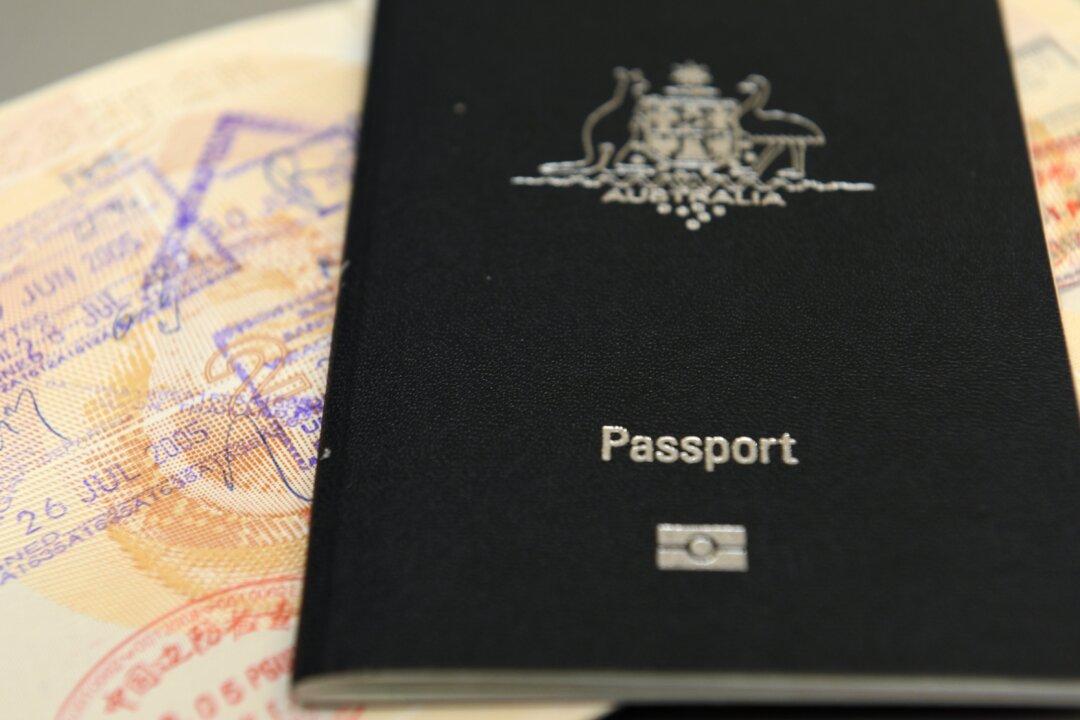A federal audit has found the Australian Passport Office (APO) ignored government procurement rules and wasted money, including $31,422 on travel costs supposedly for “planning” trips to set up a conference in Port Douglas, Queensland.
But the conference later took place in Canberra, which resulted in the forfeiture of $104,196 in deposits paid to the venue in Port Douglas. The Canberra venue then cost a further $19,940.





